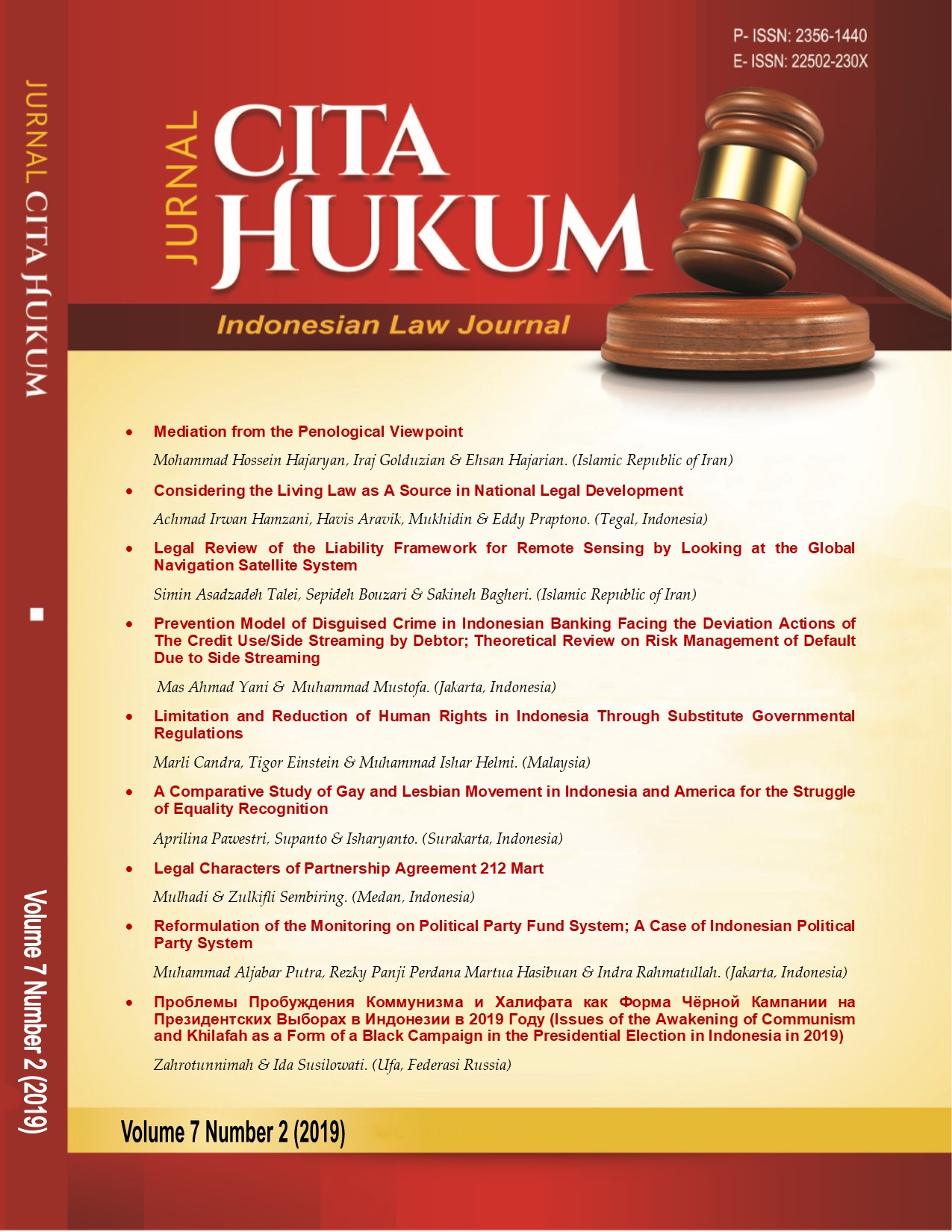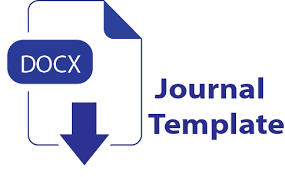Navigating the Intersection of Technology, Disinformation, and Human Rights: Balancing Freedom of Expression and Speech
DOI:
https://doi.org/10.15408/jch.v13i2.47165Keywords:
Disinformation; Human rights; Freedom of expression; Freedom of information; Prevention of Electronic Crimes Act (PECA)Abstract
The spread of deceptive content online threatens human rights, particularly freedom of expression and access to accurate information. In Pakistan, the rise of digital platforms has fuelled misinformation, weakening democratic processes, polarizing society, and eroding public trust. The challenge lies in balancing disinformation regulation with protecting free speech. While false narratives undermine institutions, restrictive measures risk suppressing dissent and opposition voices. The Prevention of Electronic Crimes Act (PECA) exemplifies this tension. This study critically evaluates Pakistan’s regulatory approach, assessing its effectiveness and alignment with international human rights standards. Through qualitative analysis of PECA’s provisions and case studies, findings highlight key concerns: ambiguous legal definitions and politically motivated enforcement. Case studies illustrate how disinformation affects public trust and democratic engagement. Despite the challenges posed by disinformation, a practical framework must protect fundamental rights while addressing online harms. Recommendations include refining PECA’s provisions, introducing robust procedural safeguards, and promoting digital literacy programs to empower citizens to counter misinformation. A multi-stakeholder approach involving government, civil society, and technology platforms is essential for fostering a more accountable digital environment in Pakistan. Striking a balance between regulation and free speech is crucial for preserving democracy and public trust.
REFERENCES:
Alibašić, H. (2024). The Post-Factual Polity: Ethical, Governance, Administrative, and Policy Crises in the Disinformation Era. IAP.
AZAM, M. (2021). Pakistan's International Law Obligations and Curtailment of Freedom of Expression: Balancing Legitimate Competing Interests or a Case of Violation?. PLR, 12, 37.
Butt, M. N., Riaz, M., & Rabbani, A. W. (2023). Countering Fake News in Pakistan: Challenges Faced by Newsrooms and Regulators. MAIRAJ, 2(2), 79–87.
George, A. S. (2024). Weaponizing WhatsApp: Organized Propaganda and the Erosion of Democratic Discourse in India. Partners Universal Multidisciplinary Research Journal, 1(1), 22–36.
Helm, R. K., & Nasu, H. (2021). Regulatory responses to ‘fake news’ and freedom of expression: Normative and empirical evaluation. Human Rights Law Review, 21(2), 302–328.
Howie, E. (2018). Protecting the human right to freedom of expression in international law. International journal of speech-language pathology, 20(1), 12-15.
Inobemhe, K., & Asemah, E. S. Media Literacy and Critical Thinking as Tools for Combating Disinformation. COMMUNICATION AND MEDIA DYNAMICS, 11.
Iqbal, M., Talpur, S. R., Manzoor, A., Abid, M. M., Shaikh, N. A., & Abbasi, S. (2023). The Prevention of Electronic Crimes Act (PECA) 2016: Understanding the Challenges in Pakistan. Siazga Research Journal, 2(4), 273–282.
Jia, C., Lee, A. Y., Moore, R. C., Decatur, C. H. S., Liu, S. X., & Hancock, J. T. (2024). Collaboration, crowdsourcing, and misinformation. PNAS nexus, 3(10), page: 434.
Kaushal, R., Van De Kerkhof, J., Goanta, C., Spanakis, G., & Iamnitchi, A. (2024, June). Automated Transparency: A Legal and Empirical Analysis of the Digital Services Act Transparency Database. In The 2024 ACM Conference on Fairness, Accountability, and Transparency (pp. 1121–1132).
Khan, S., Tehrani, P. M., & Iftikhar, M. (2019). Impact of PECA-2016 provisions on freedom of speech: A case of Pakistan. Journal of Management Info, 6(2), 7–11.
Klein, A., & Klein, A. (2017). Hate speech in the information age. Fanaticism, racism, and rage online: Corrupting the digital sphere, 25–39.
Kusaka, W. (2022). Fake News and State Violence: How Duterte Hijacked the Election and Democracy in the Philippines. In Fake News and Elections in Southeast Asia (pp. 145–165). Routledge.
Mansoor, S. I. U. (2024). Legal Implications of Deepfake Technology: In the Context of Manipulation, Privacy, and Identity Theft. Central University of Kashmir Law Review, 4, 65–92.
Mckay, S., & Tenove, C. (2021). Disinformation as a threat to deliberative democracy. Political research quarterly, 74(3), 703–717.
Ness, S. (2024). The Balance Between Gatekeeper Rules and Free Speech in the EU under the Digital Markets Act and Digital Services Act. Journal of Modern Law and Policy, 4(3).
Saleem, B., Ahmed, M., Zahra, M., Hassan, F., Iqbal, M. A., & Muhammad, Z. (2024). A survey of cybersecurity laws, regulations, and policies in technologically advanced nations: A case study of Pakistan to bridge the gap. International Cybersecurity Law Review, 1–29.
Saleem, H., Jan, J., & Areej, A. (2022). Cyber Crimes Trends in Pakistan: Analyzing the Legal Framework and Enforcement Challenges. Society, Law and Policy Review, 1(1), 10–22.
Shankar, R., & Ahmad, T. (2021). Information Technology Laws: Mapping the Evolution and Impact of Social Media Regulation in India. DESIDOC Journal of Library & Information Technology, 41(4).
Shou, Y., Kuru, O., Newman, E., & Smithson, M. (2024). Mis-and Disinformation. In Oxford Research Encyclopedia of Natural Hazard Science.
Tenove, C. (2020). Protecting democracy from disinformation: Normative threats and policy responses. The International Journal of Press/Politics, 25(3), 517–537.
Vese, D. (2022). Governing fake news: the regulation of social media and the right to freedom of expression in the era of emergency. European Journal of Risk Regulation, 13(3), 477–513.
Downloads
Published
Issue
Section
License

This work is licensed under a Creative Commons Attribution-ShareAlike 4.0 International License.












